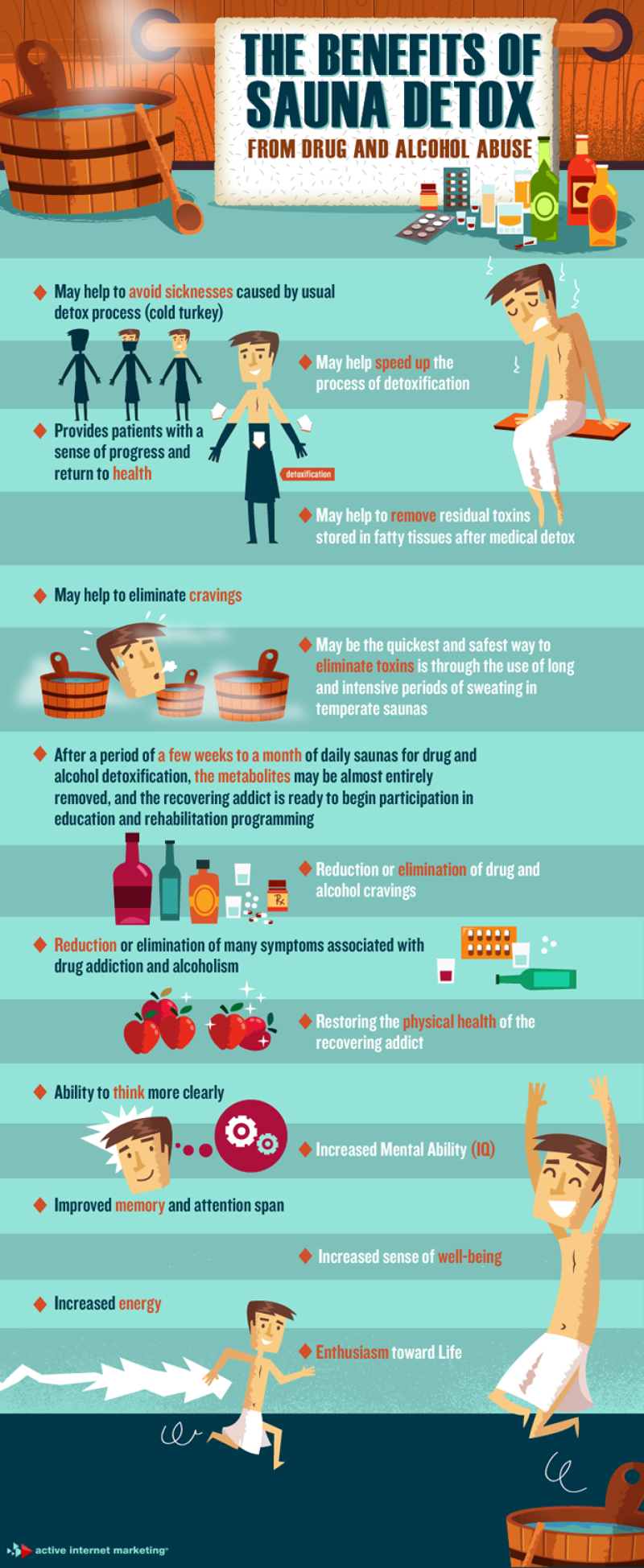Conquering Pity And Regret In Drug Rehab: Challenging The Stigma
Conquering Pity And Regret In Drug Rehab: Challenging The Stigma
Blog Article
Posted By-Peterson Delgado
You're not the only one in the battles you deal with, and dealing with the stigma bordering shame and sense of guilt in Drug rehab is the first step in the direction of reclaiming your life. By checking out the origins of these feelings and learning to browse them in a helpful setting, you can pave the way for true recovery and growth. Remain tuned to discover just how damaging without the weight of pity and shame can open a course to self-acceptance and a future full of promise and positivity.
The Effect of Shame and Shame
Experiencing pity and shame can significantly hinder your progress in Drug rehab by producing obstacles to self-acceptance and recovery. When you bring the weight of shame for previous actions or regret for the influence of your addiction on loved ones, it can be challenging to move forward. These feelings might result in low self-worth, making it hard to believe in your ability to transform and recoup.
Embarassment and guilt can likewise sustain negative idea patterns, enhancing the idea that you're unworthy of assistance or redemption. visit this weblink can avoid you from fully taking part in the recovery process and looking for support when needed. The concern of judgment from others or the fear of encountering your very own feelings may lead you to avoid necessary discussions or therapy sessions.
Recognizing and dealing with these sensations is vital for your recovery journey. By overcoming your shame and sense of guilt in a risk-free and helpful environment, you can start to cultivate self-compassion and mercy. This shift in frame of mind can equip you to accept the recuperation procedure with a newfound sense of hope and determination.
Techniques for Recovery and Change
To promote your healing and transformation in Drug rehab, executing effective techniques is key. One vital strategy is to actively engage in therapy sessions. By getting involved totally in private and group treatment, you can deal with underlying issues, discover dealing systems, and receive assistance from specialists and peers.
One more vital technique is to focus on self-care. This includes getting enough rest, eating nutritious dishes, and participating in exercises that advertise wellness. Additionally, exercising mindfulness and meditation can assist you stay present and manage yearnings or triggers effectively.
Establishing practical objectives and celebrating small success in the process can also contribute dramatically to your recovery journey. By breaking down your healing procedure right into convenient actions, you can maintain inspiration and track your progression.
Additionally, surrounding on your own with a positive support group of friends, household, or fellow people in recuperation can supply inspiration and liability. Remember, everyone's course to recovery is one-of-a-kind, so it's important to find methods that resonate with you personally and adjust them as needed to foster enduring transformation.
Accepting a Life of Sobriety
Accept sobriety as a brand-new chapter in your life, filled with possibilities for development and fulfillment. Deciding to live a sober life is a brave step towards a brighter future. By selecting soberness, you're choosing to prioritize your well-being and recover control over your life. It might seem daunting initially, however remember that on a daily basis sober is a day of development and strength.
As you accept soberness, border on your own with encouraging and understanding people that boost and motivate you on this journey. Engage in tasks that bring you happiness and gratification, helping you discover the charm of life without compounds. Welcoming find out here of sobriety isn't concerning deprivation however concerning empowerment. It opens doors to new opportunities and enables you to get in touch with your authentic self.
Celebrate each turning point in the process, no matter just how little, as they symbolize your durability and determination. Keep in mind, sobriety is a present you give yourself, resulting in a life filled with quality, objective, and limitless capacity.
Conclusion
Finally, breaking the stigma bordering pity and regret in Drug rehabilitation is vital for personal development and healing. By attending to these emotions head-on, exercising self-care, and embracing soberness as a brave option, individuals can change their lives and uncover happiness and function.
With a positive support system and a dedication to self-improvement, overcoming shame and regret paves the way for empowerment and a satisfying, sober future.
